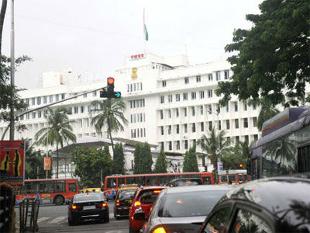 Mumbai, Sep 8: Under RTI, disclosure of personal information in respect of service record, income tax returns and assets of an individual is illegal unless it is necessary in larger public interest, the Bombay High Court has ruled.
Mumbai, Sep 8: Under RTI, disclosure of personal information in respect of service record, income tax returns and assets of an individual is illegal unless it is necessary in larger public interest, the Bombay High Court has ruled.
Accordingly, Justice Vasanti Naik quashed an order of Nashik State Information Commissioner asking the information officer to supply information about personal assets of petitioner Subhash Khemnar to respondent Dilip Thorat.
"On hearing the petitioner and on perusal of the Act, it appears that the Chief Information Commissioner was not justified in directing Information Officer to supply personal information in respect of service record, income tax returns and assets of the petitioner unless he was satisfied that such disclosure was justified in larger public interest," said the judge in a recent order.
In the impugned order there is no finding with regard to the satisfaction of the Commissioner that the disclosure of the personal information in respect of the petitioner was justified in larger public interest, the judge noted.
Under section 8(1) J of the Act, there is no obligation on the Information Officer to give personal information, the disclosure of which has no relationship with any public activity or interest, or which would cause unwarranted invasion on the privacy of the individual unless the authority is satisfied that the disclosure of such information is justified in larger public interest, the Judge further said.
The petitioner had challenged the order passed by the Chief Information Officer on December 4 last year asking the information officer to supply personal information about him on a second appeal filed by the respondent.
Initially, the information officer did not supply the information and rejected the application filed by the respondent.
Thereafter he went in appeal before a higher authority but it was rejected. He then went in second appeal before the Chief Information Officer which was allowed. Being aggrieved, the petitioner moved the High Court.
According to the petitioner, the respondent was allegedly involved in extortion and the petitioner's brother-in-law had filed a complaint against the respondent for extortion. Also, the court had rejected the application filed by the respondent seeking anticipatory bail.





Comments
Add new comment